Liberation Leader walks free
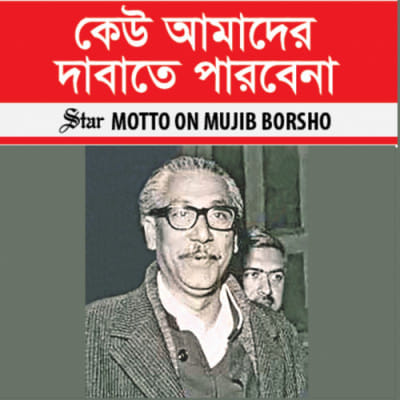
The words were magical, the news was electrifying and the effect euphoric -- Bangabandhu has been released and he, along with Dr Kamal Hossain, were on their way to London after a torturous nine months in Pakistani prison with the threat of execution hanging over his every breath. The wave of joy was universal and the happiness complete knowing that our leader was safe and would soon be amongst us -- the people he loved so dearly and risked his life to free.
For those who did not live through those moments it will be difficult, perhaps impossible, to understand the almost hypnotising impact of this man who had so captivated our hearts and minds that our independence felt incomplete without him. Thus his return was central to our dream of a Sonar Bangla.
The Daily Star, through its own observance of “Mujib Borsho”, the centenary of his birth, will attempt to tell the story as to why Mujib is so important for us to build a democratic, secular, freedom ensuring prosperous Bangladesh.
Liberty was in the air.
The newly-liberated country was floating in the high waves of jubilation over the historic victory in the War of Liberation through the surrender of the Pakistani occupational forces on December 16, 1971.
But the nation was worried as well. Because the man who had led the nation to freedom was still detained in the Pakistani jail.
Bangabandhu Sheikh Mujibur Rahman, the undisputed leader of independence of Bangladesh, had been put in solitary confinement for nine and a half months. Soon after December 16, he was moved from the jail to a more remote place.
On December 24, he was brought by a helicopter to the compound of a police academy at Shihala, not far from Rawalpindi of Pakistan.
Soon after his arrival, Zulfikar Ali Bhutto, the president of Pakistan, came to meet him. Bangabandhu asked him if he had also been placed in detention.
In reply, Bhutto told him that he had become the president of Pakistan.
“How have you become president when I got twice as many seats in the National Assembly?” asked Bangabandhu, laughingly.
Embarrassed, Bhutto responded that Bangabandhu could become president if he desired.
“No, I do not desire it, but I desire to go to Bangladesh as soon as possible,” replied the father of the nation.
Bhutto then told him that he would make necessary arrangements but needed a few days. Bangabandhu told him that he had gathered, from the conversation between the lawyers who had attended his trial some months earlier, that Dr Kamal Hossain was also held in custody awaiting trial.
On Bangabandhu’s request, Dr Kamal was also brought to Shihala.
According to a secret telegram sent from US Embassy in Pakistan to Secretary of State, the USA, on January 3, 1972, Bhutto shared with the US ambassador in Pakistan his conversation with Bangabandhu .
“Mujib had been virtually cut off from all outside sources of information while he (Mujib) assumed that a war of some major proportion had gone on, and that “perhaps a part of East Pakistan had been occupied by India,” he had no idea of the magnitude of the “tragic defeat” which Pakistan had suffered,” said the telegram.
It added that, “…Mujib seemed “almost stunned” by the changed circumstances in which he found himself, and appeared highly despondent to learn that Indian troops occupied all of the East. Bhutto also noted that during his conversation the Sheikh, referring to Indian occupation and domination, repeated time and time again that he would not be one to accept alms.”
The next few days were spent in pursing the request for arrangements to go to Bangladesh. It was clear that since over 90,000 Pakistani military personnel were prisoners of war in Bangladesh, this would ensure Bangabandhu’s safety and early return.
Bangabandhu and Dr Kamal were told that they would be flown to London within the next few days; the night of 7 January was specifically indicated.
They were also informed that Bhutto would like to host a dinner for them at the President’s Guest House before they leave.
Bhutto arrived and, after initial greetings, he requested Bangabandhu to maintain links with Pakistan.
“After what has happened, and the blood spilt which could have been avoided had you listened to us. Instead you unleashed a brutal armed assault. I cannot see how any relation with Pakistan is possible other than as between two sovereign states,” Bangabandhu replied.
After Bhutto kept pressing him to consider his appeal, Bangabandhu said he would give him a reply after returning to Bangladesh.
Then Bhutto came up with an unexpected suggestion: that the departure be delayed till the following morning when the Shah of Iran was due and would like to meet Bangabandhu.
Bangabandhu turned to Bhutto and said that he should ensure permission for their flight to leave that night; insisting that he did not wish to meet the Shah, and that they should be transported back to jail immediately if their departure could not take place after dinner as scheduled.
Realising the annoyance caused, Bhutto said that a plane would be instructed to be flown over from Karachi to ensure their departure after dinner.
Bangabandhu and Dr Kamal Hossain were driven to the airport. Bangabandhu was escorted by Bhutto up to the plane. They were briefed that no announcement would be made about the plane journey until they were an hour away from London.
As they approached London, a message would be sent to the British authorities to say that Bangabandhu was due to land at London’s Heathrow airport around seven in the morning.
[The report is based on the autobiography of Dr Kamal Hossain titled “Bangladesh: Quest for Freedom and Justice, and US State Department cable]
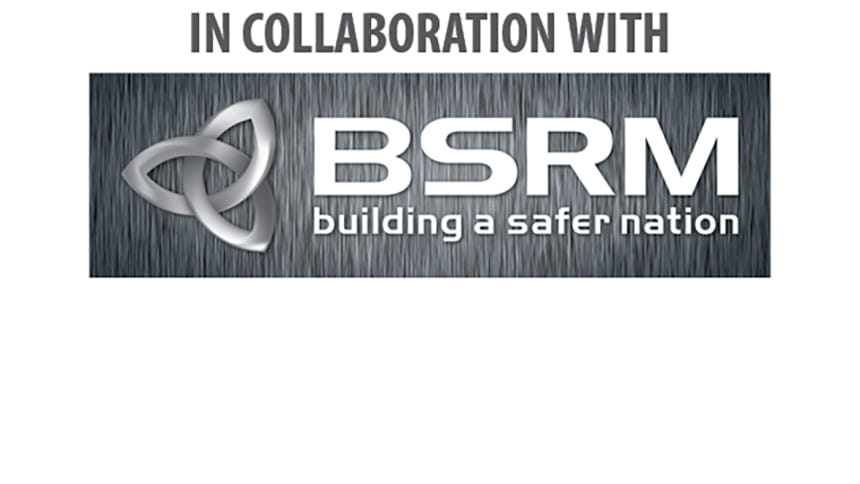

 For all latest news, follow The Daily Star's Google News channel.
For all latest news, follow The Daily Star's Google News channel. 

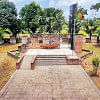
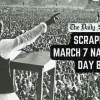
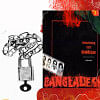
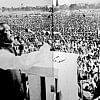
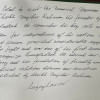

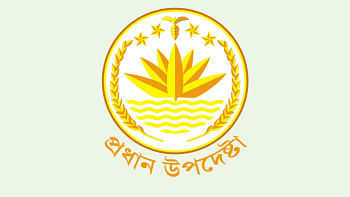
Comments